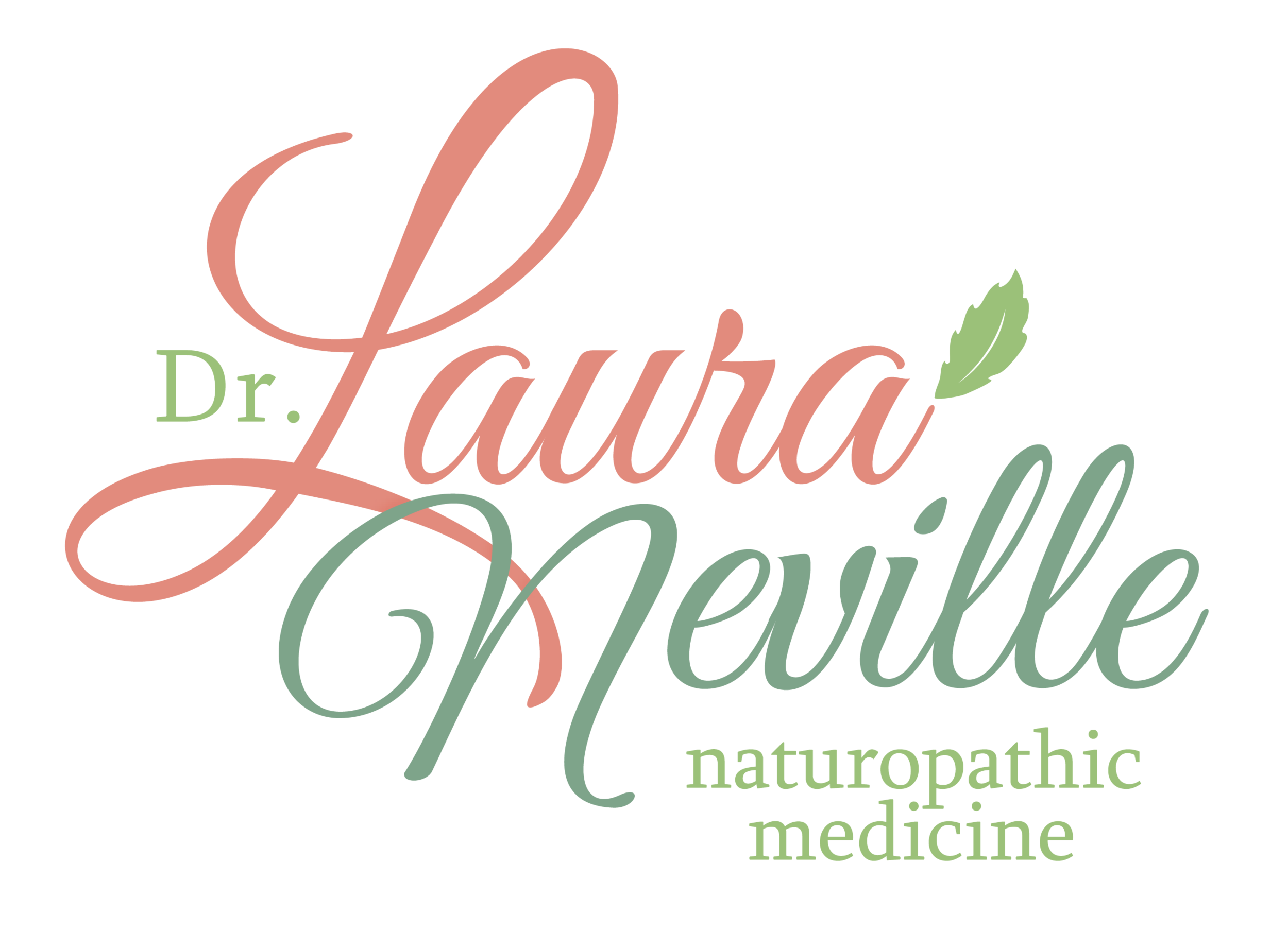Dogs Improve Human Health
Dogs for Digestion
Having a dog as a toddler and growing up in a large family are two things linked to a significantly lower chance of getting Crohn's disease later in life, according to a new study.
Children who lived with a dog between the ages of 2 years and 4 years were 37% less likely to have Crohn's disease, the study says.
And those who lived with at least 3 other family members during the first year of life were 64% less likely to have this form of inflammatory bowel disease.
Having a sibling with Chron's disease was shown to increase risk, though only slightly. The link to living with a dog as a toddler reducing the risk of Chron's was more robust, statistically speaking.
Why?
Living with a dog early in life likely means more exposure to different microbes, boosting the strength of a person's immune system against later challenges. This theory was supported in the study comparing the gut microbiome in people who did and did not have a dog in the home early in life.
The study authors genetically sequenced the gut microbiome of the people in the study and found differences in bacteria between groups, showing greater microbial diversity in those that lived with dogs.
But what if you aren't a dog person? First of all, I forgive you, but really? Dogs are the best.
Regardless, there are many other ways to improve your gut microbiome . . .
Grow Your Microbial Garden
Eat soluble fiber (more fruits and veggies)
Don't overuse anti-bacterial sanitizers
Avoid antibiotics unless they are truly necessary (same goes for NSAIDS, antacids, and birth control pills) as these meds disrupt the microbiome
Use probiotics
Find healthy ways to manage stress
Eat mindfully/not on the run
Avoid snacking (this gives the digestive system a rest, as does fasting for at least 12 hours each day)
Avoid artificial sweeteners and processed foods - studies show they disrupt metabolism and reduce microbial diversity
Spend time in nature/garden - get your hands dirty!
Pet animals
Spend time with lean people - studies in mice have shown that leanness may be contagious. Microbes from a lean animal can reverse obesity in an obese animal.
Eat like the Hadza people of Tanzania - they have a gut microbiome that is one of the richest on the planet and about 40% higher diversity than the average American. The average Hadza person eats around 600 species of plants and animals in a year and has huge seasonal variation. They have virtually none of the common Western diseases such as obesity, allergies, heart disease and cancer. In contrast, most Westerners have fewer than 50 species each year in their diet and are facing an epidemic of illness and obesity.
🐶 💕,
Dr. Laura Neville
IMAGINE A LIFE OF BEAUTIFULLY BALANCED HORMONES AND EVERLASTING ENERGY . . .
Step 1 - let’s find out what type of hormone imbalance you are dealing with…

